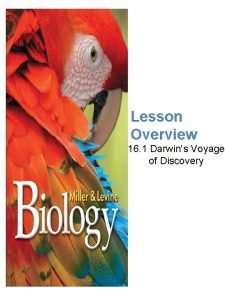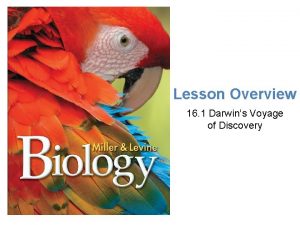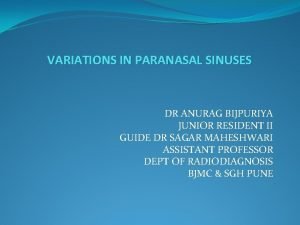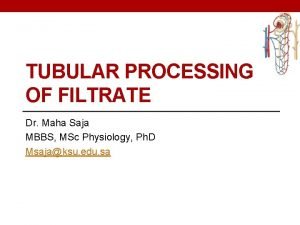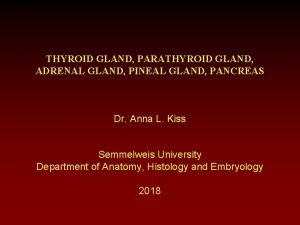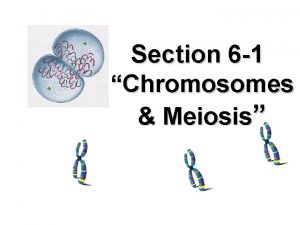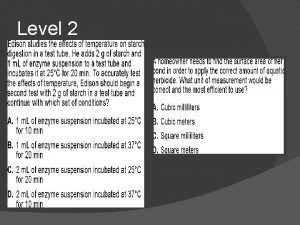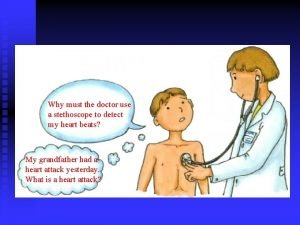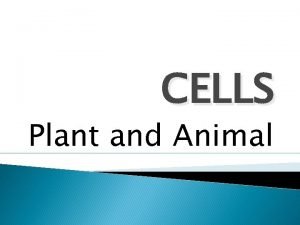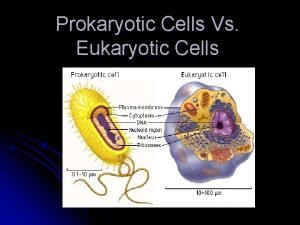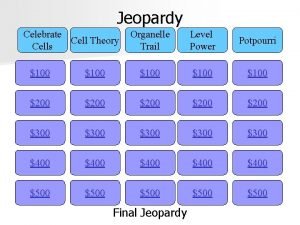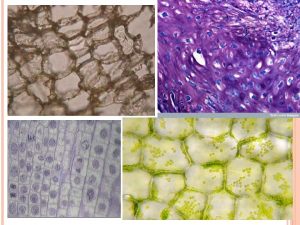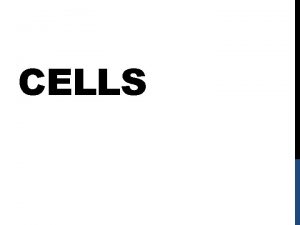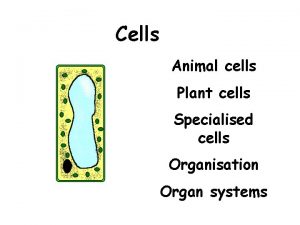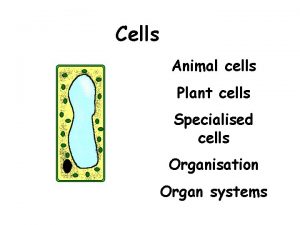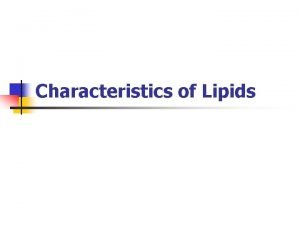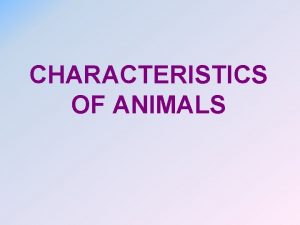Lesson 6 Characteristics of Cells Discovery of Cells












- Slides: 12

Lesson 6 Characteristics of Cells

Discovery of Cells First discovered in 1665 by Robert Hooke Using a microscope, he saw little boxes in a slice of cork. He named them cells.

Discovery of Cells Anton van-Leeuwenhoek was the first person to see living cells He saw one-celled organisms in a drop of pond water He called them animalcules. (protists)

Discovery of Cells In 1838, Matthias Schleiden concluded all plants are made of cells. In 1839, Theodor Schwann concluded all animals are made of cells.

Discovery of Cells In 1835, Rudolph Virchow concluded all cells are produced by other living cells.

The Cell Theory (3) 1. All known living things are made up of cells. 2. The cell is the basic unit of structure and function in all living things. 3. All cells come from other living cells.

Cells and Characteristics of Life (5) Cells are the smallest units that can carry out the functions of life. The characteristics of living things are: • 1. Growth and development • 2. Ability to reproduce • 3. Use of energy • 4. Ability to exchange gases with the environment • 5. Ability to respond to changes in the environment (stimuli)

Growth and Development • Growth means to become larger. • • • Living things grow by taking in nutrients Cells increase in size Organisms with more than one cell grow by adding more cells (multicellular)

Development means changing and becoming more complex. • Unicellular=made up of only one cell • Multicellular=more than one cell

Reproduction • Reproduction is the process where cells or organisms make more cells or organisms like themselves. • Cells reproduce by dividing in half. This is a type of asexual reproduction. • Asexual reproduction requires only one parent. • (Most unicellular organisms reproduce this way. ) • Sexual reproduction requires two parents. (male and female)

Energy Use and Gas Exchange • • • Cells need energy to live. They get energy through cellular respiration. For cellular respiration to occur, oxygen gas has to move into a cell and carbon dioxide gas moves out of a cell. • O 2 in • CO 2 out

Response to the Environment • Anything in the environment that causes a cell or an organism to respond is a stimulus. • Ability to respond to changes in the environment--stimuli (pl. ) stimulus (sing. ) • Examples: • Sweating when you are hot. • Shivering when you are cold.
 Lesson 1 the characteristics of cells answer key
Lesson 1 the characteristics of cells answer key Lesson 1 darwins voyage of discovery
Lesson 1 darwins voyage of discovery Species that vary locally
Species that vary locally Waters view
Waters view Loop of henle
Loop of henle Parafollicular cells vs follicular cells
Parafollicular cells vs follicular cells Haploid vs diploid venn diagram
Haploid vs diploid venn diagram Somatic cells vs germ cells
Somatic cells vs germ cells Chlorocruorin
Chlorocruorin Eucariote
Eucariote Plant animal cell venn diagram
Plant animal cell venn diagram Prokaryotic vs eukaryotic cells venn diagram
Prokaryotic vs eukaryotic cells venn diagram Why did robert hooke name cells “cells”?
Why did robert hooke name cells “cells”?

